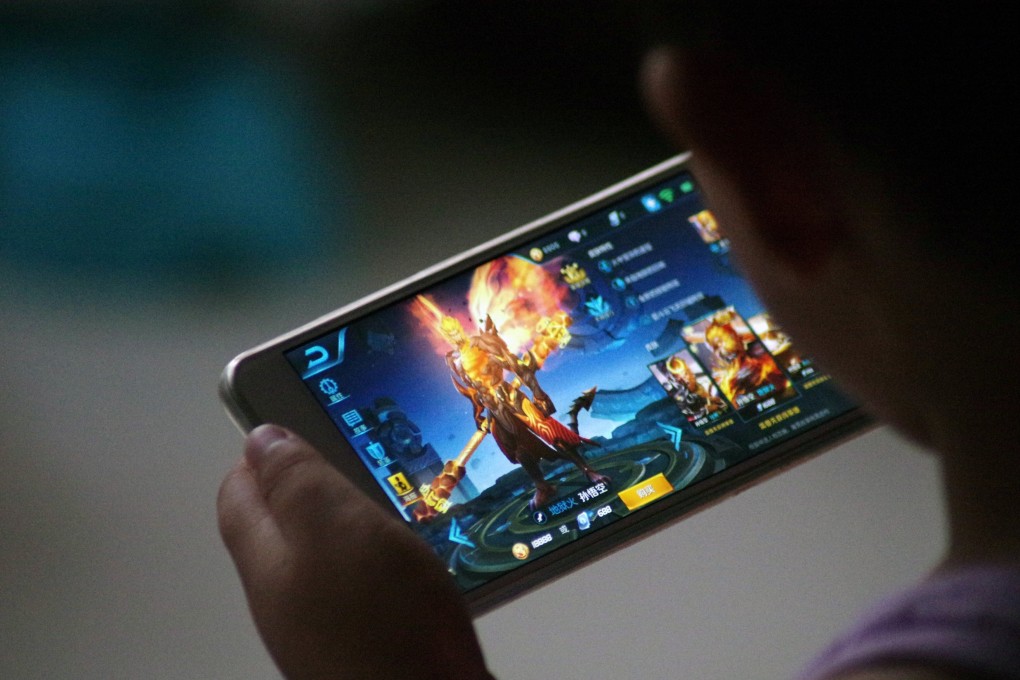China’s video game crackdown: state-backed industry group plays down regulatory moves as narrow and targeted
- The China Game Publishers Association Publications Committee said games are not ‘fierce floods or savage beasts’ and that they can benefit society
- The group’s words countered a news article that called games ‘spiritual opium’, pushing down gaming stocks over fears of a fresh crackdown

China’s state-backed gaming industry association broke its silence on Tuesday night, following a market rout earlier in the day, saying online games are not “fierce floods or savage beasts” and emphasising that Beijing’s regulation of the industry is specific and targeted.
GPC is the gaming arm of China Audio-video and Digital Publishing Association, a group that answers directly to the Chinese Communist Party Central Propaganda Department.
Chinese tech giants Tencent Holdings and NetEase, the country’s two largest gaming companies, were the hardest hit on Tuesday. By Wednesday, Tencent had gained 5 per cent in the morning session in Hong Kong.
China’s regulations are focused on improving the monitoring of underage players, GPC said in the interview, and they are already strict enough and largely effective. The association said this is because developers are able to put systems in place that help them meet regulatory requirements.
“Leading [gaming] companies have relatively strict screening systems for players and they can immediately take action if any violation is spotted,” the association said.